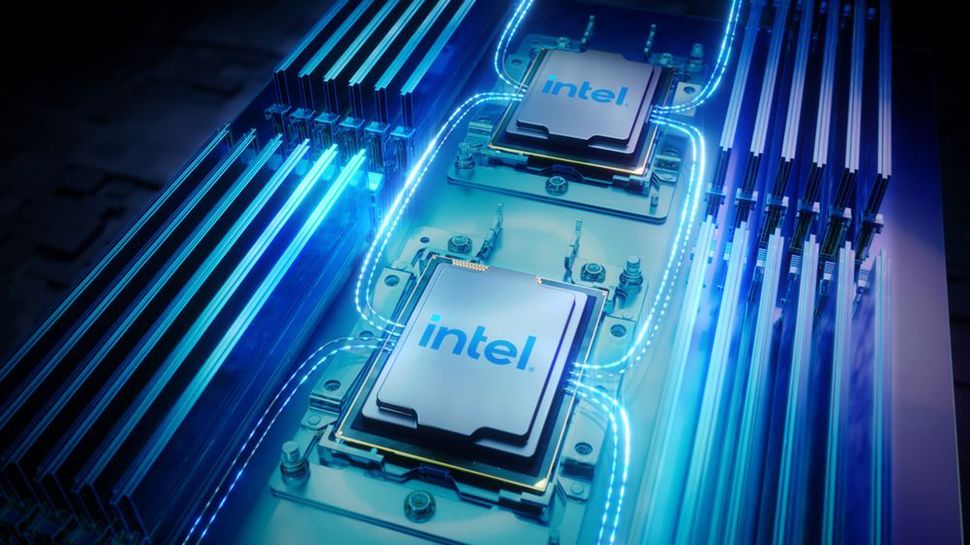Intel Introduces Cutting-Edge Optical Technology for Revolutionary AI Advancements

Intel Unveils Next-Generation Optical Technology
Intel has introduced a cutting-edge optical technology that promises to revolutionize AI performance. The OCI chiplet, capable of speeds up to 4Tbps, sets a new standard in power efficiency by consuming nearly 70% less power compared to its counterparts.
Key Highlights:
- Efficiency: The optical technology significantly boosts AI performance while reducing power consumption.
- Speed: The OCI chiplet can transfer data at incredible speeds of up to 4Tbps.
- Future Implications: This breakthrough innovation has the potential to reshape the landscape of AI applications, ushering in a new era of computational efficiency.
Intel's groundbreaking technology represents a crucial milestone in AI research and development, paving the way for unprecedented advancements in the industry.
This article was prepared using information from open sources in accordance with the principles of Ethical Policy. The editorial team is not responsible for absolute accuracy, as it relies on data from the sources referenced.